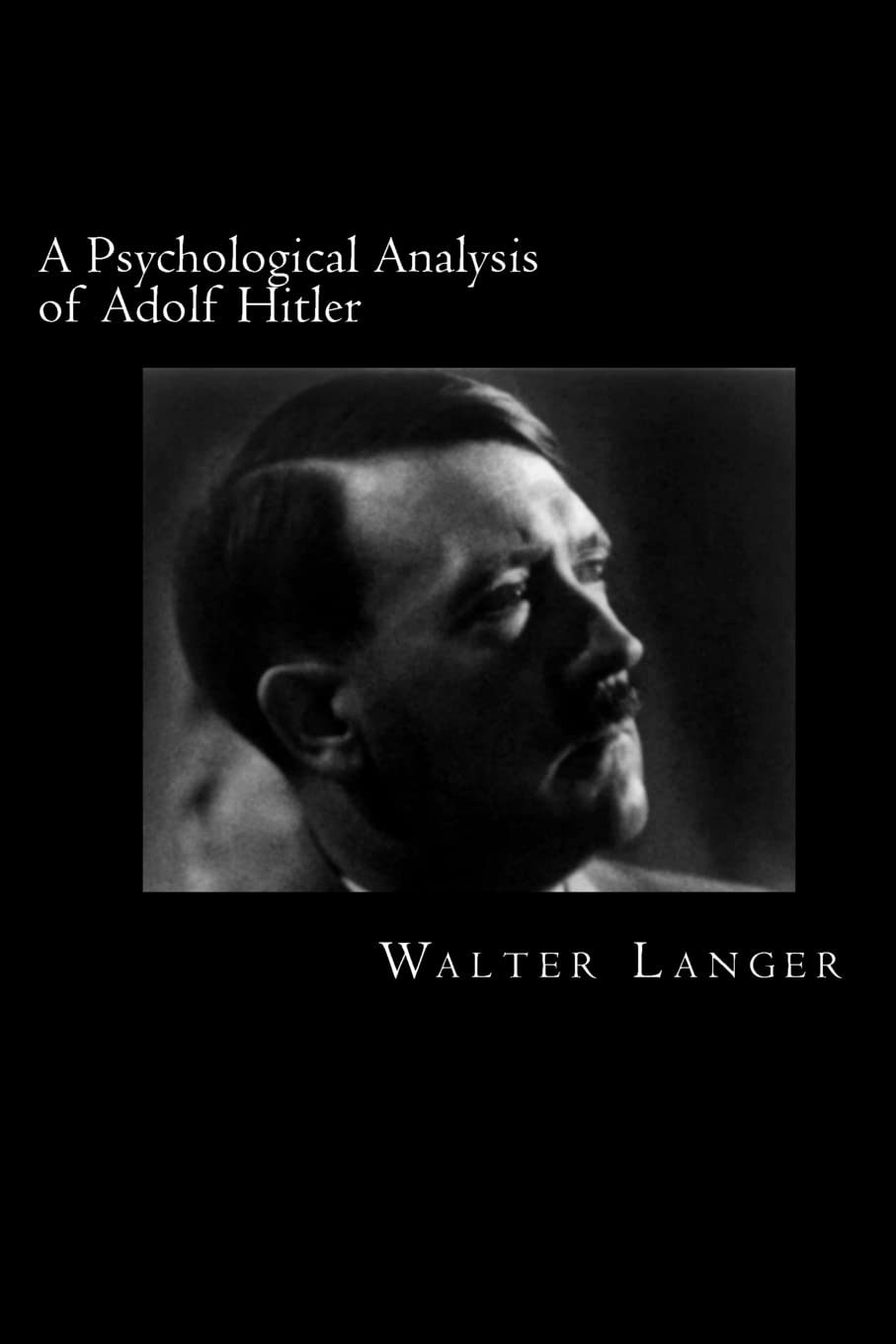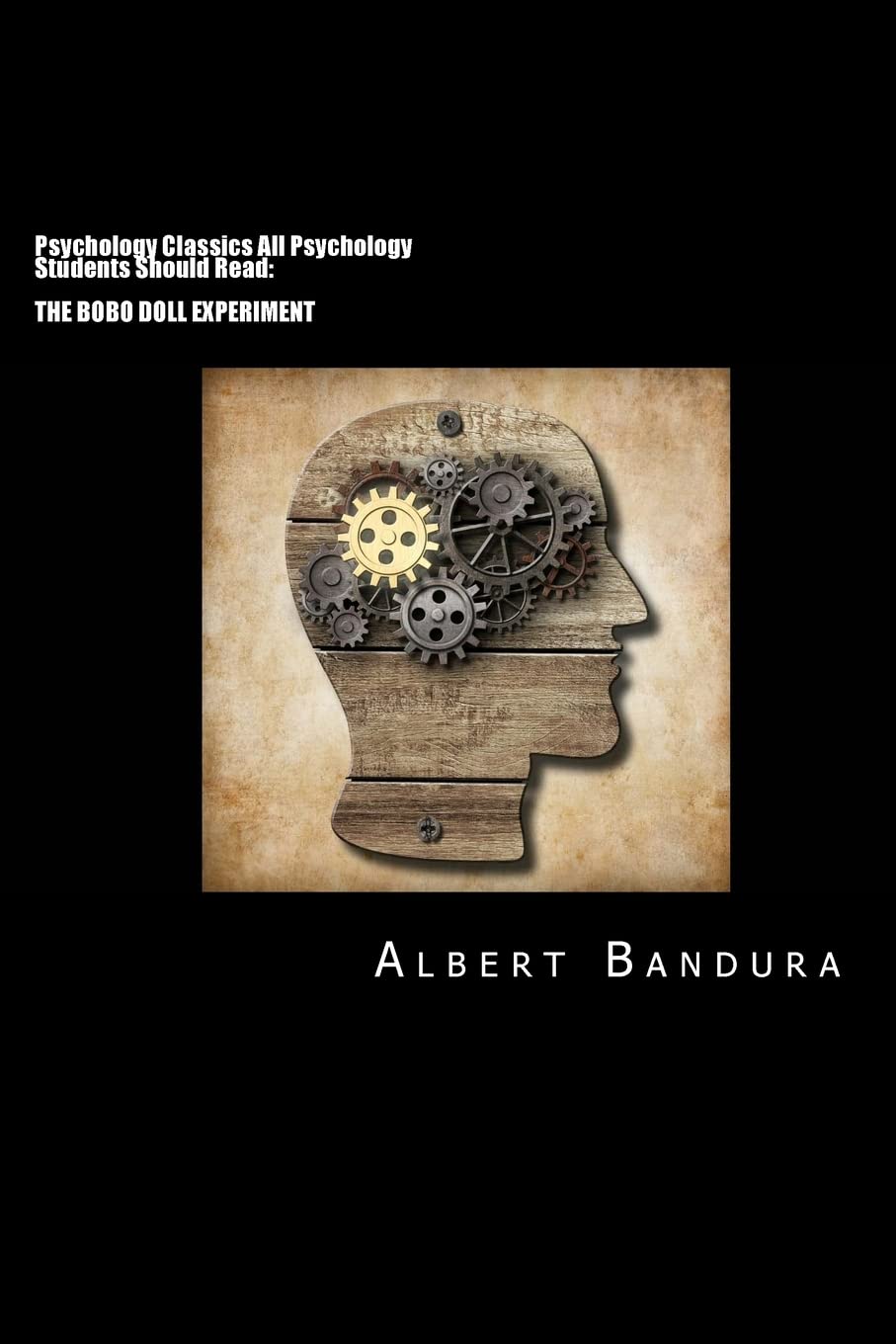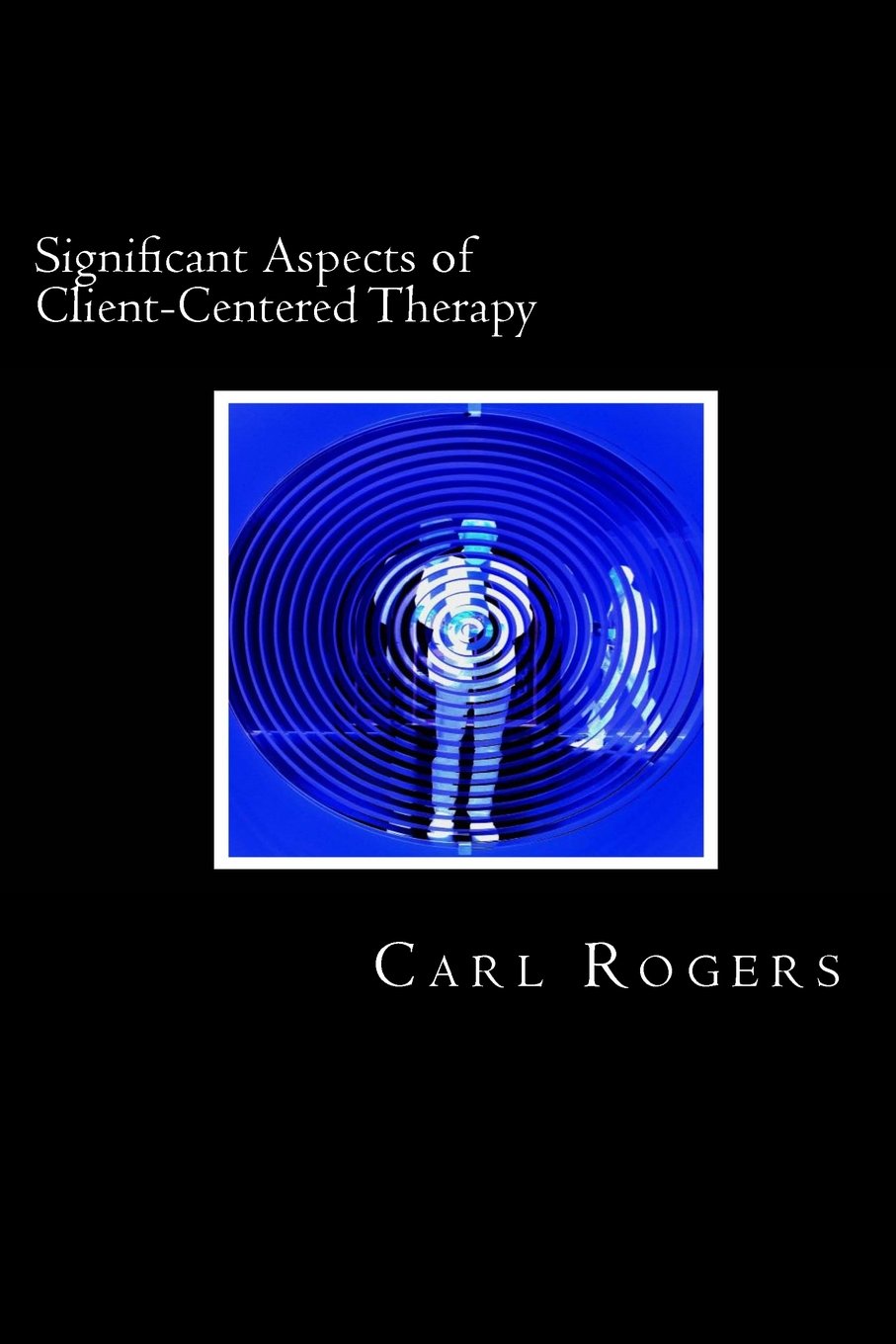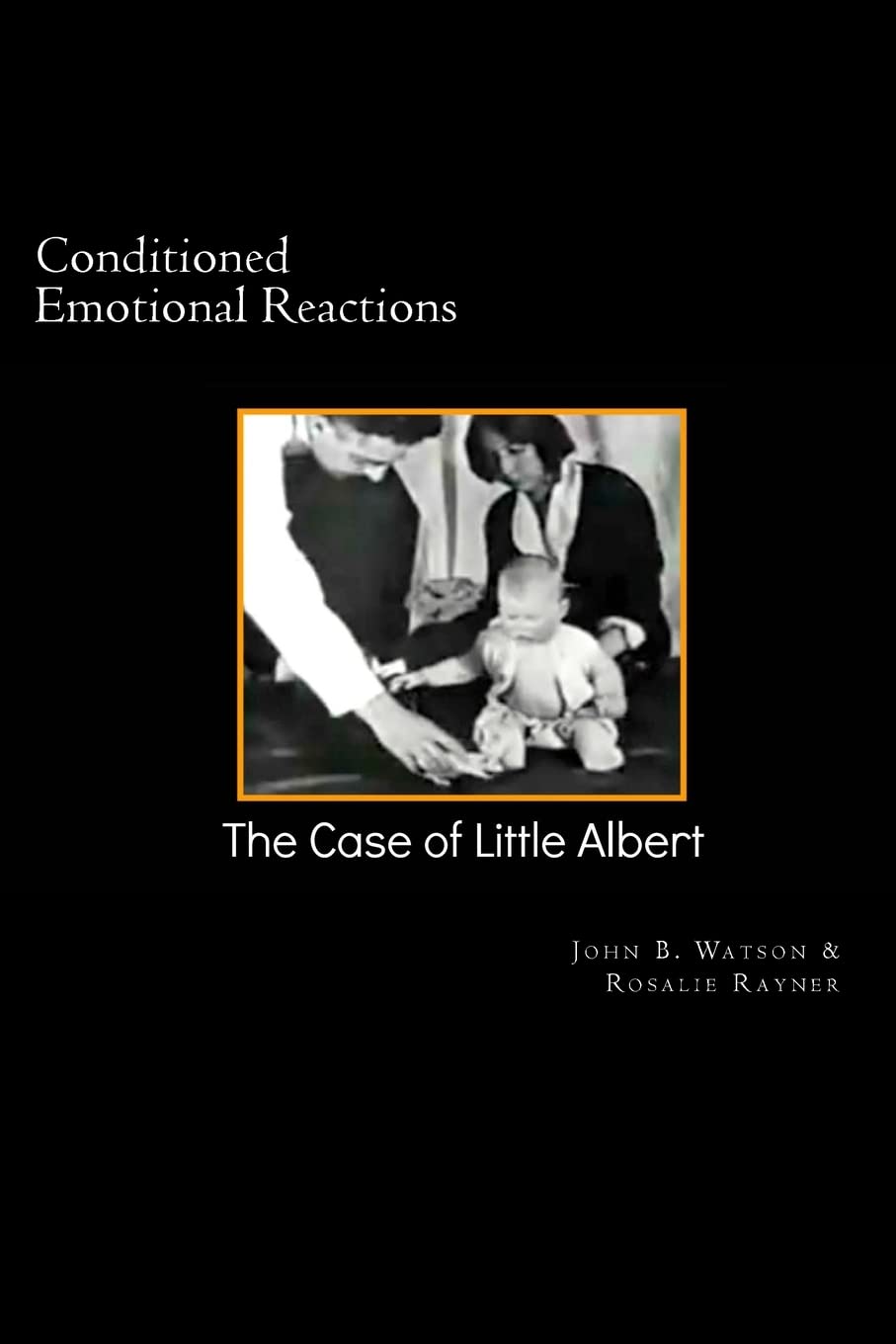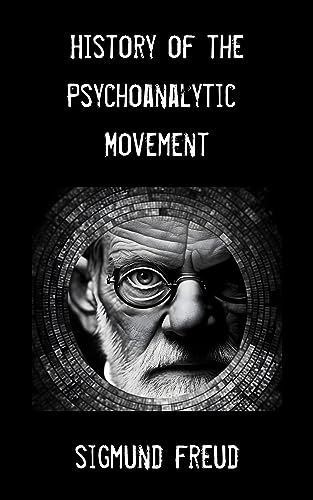Psychology Classics on Amazon
Psychology Classics on Amazon:
Introducing a collection of classic articles that all psychology students should read.
A psychology classic is by definition a must read; however, most landmark texts within the discipline remain unread by a majority of psychology students. A detailed, well written description of a classic study is fine to a point, but there is absolutely no substitute for understanding and engaging with the issues under review than by reading the authors unabridged ideas, thoughts and findings in their entirety.
Please note that at no additional cost to you, All About Psychology may earn a commission from the Amazon links on this page. This helps support the All About Psychology website and allows us to continue providing valuable psychology information and resources for our readers.
Hierarchy of Needs: A Theory of Human Motivation
Abraham Maslow
When Abraham H. Maslow introduced the world to Humanistic Theory, a 'third force' in psychology was born (Behaviorism & Psychoanalytical theory being the first and second). As the name suggests, humanistic theory concerns itself with characteristics which are distinctly human.
Arguably the best known example of such a characteristic is Self-Actualization, an innate motivating force unique to the human species. It was in this landmark publication that Maslow provided the first published representation of Self-Actualization at the pinnicle of a hierarchy of human needs. According to Maslow Self-Actualization refers to the desire for self-fulfillment, in essence to become everything that one is capable of becoming.
This classic publication is essential reading for psychology students, educators and professionals.
A Psychological Analysis of Adolf Hitler
Walter Langer
In 1943 William Donovan the director of the Office of Strategic Services (the forerunner to the CIA) approached Harvard psychologist Walter Langer and asked him to construct a psychological profile of Adolf Hitler.
Despite his reservations regarding the reliability of the data upon which his analysis would be based, Langer set about this unprecedented task by putting together a team of psychologists and researchers. Langer and his research team had just five months to produce their findings, in which time they interviewed key informants who knew Hitler personally and drew upon over 1000 pages of background research from a document known as The Hitler Source Book.
In order to try and understand Hitler as a person and the motivations underlying his actions, Langer presents his psychological profile within five specific sections
1. Hitler as he believes himself to be.
2. Hitler as the German people know him.
3. Hitler as his associated know him.
4. Hitler as he knows himself.
5. Psychological analysis and reconstruction.
Freudianism at its Height
In constructing a psychological analysis of Hitler, Langer drew heavily upon the ideas of Sigmund Freud, most notably the developmental influence of early childhood experiences. As such the report provides the reader with a fascinating window into the mechanics of Freudian analysis. Among the issues discussed within this paradigm are:
- Hitler's character as influenced by his father
- Hitler's mother and her influence
- Hitler's attitude towards love, women and marriage
- Hitler's early conflicts expressed in symbolic form
- The Messiah Complex
- Desire for immortality
- Hitler's Sexual development
A Classic in The History of Psychology
Langer's report on Adolf Hitler not only showcased the dominant discourse of psychological analysis at the time, but it also served as the catalyst for the development of political profiling as a discipline.
Psychology Gets Political
Without doubt the greatest legacy of Langer's report was the influence it had on the field of political profiling. Dr Jerrold Post cites Langer's analysis of Hitler as the inspiration for the profiling unit he established at the CIA in the 1970s; which would subsequently go on to profile every important world leader up to and including Saddam Hussein.
In discussing Langer's psychological profile of Hitler during an interview with the BBC, Post stated:
"We must understand the leaders we are contending with - you can't deter optimally a leader you don't understand - and to relegate be it a Hitler or a Joseph Stalin or a Saddam Hussein to a crazy evil madman really degrades our capacity to deal with them optimally because we're not thinking about what pushes them, what makes them tick."
While the value of political profiling remains open to question, the seminal importance of Langer's psychological study of Hitler in influencing the discipline is not.
Transmission of Aggression Through Imitation of Aggressive Models
(The Bobo Doll Experiment)
Albert Bandura, Dorothea Ross & Sheila Ross
Albert Bandura is one of the world's most frequently cited psychologists. His ground-breaking work within the field of social learning and social cognitive theory led to a paradigm shift within psychology away from psychodynamic and behaviorist perspectives. As part of a new research agenda in the early 1960's which posited that people learn vicariously through observation Bandura began investigating aggression through imitation; work that gave rise to one of the most famous psychology studies of all time, "Transmission of Aggression Through Imitation of Aggressive Models." More commonly known as "The Bobo Doll Experiment," it was the first study to explore the impact of televised violence on children.
Bonus Material:
Transmission of Aggression Through Imitation of Aggressive Models builds upon some of Albert Bandura's previously published work. Among the most notable of these earlier publications is Identification as a Process of Incidental Learning; which is also presented in full.
Significant Aspects of Client-Centered Therapy
Carl Rogers
Widely regarded as one of the most influential psychologists of all time, Carl Rogers was a towering figure within the humanistic movement towards person centered theory and non-directive psychotherapy. Originally published in 1946 his classic article Significant Aspects of Client-Centered Therapy is essential reading for anybody interested in psychotherapy and counseling. In this landmark publication Carl Rogers outlines the origins of client-centered therapy, the process of client-centered therapy, the discovery and capacity of the client and the client-centered nature of the therapeutic relationship.
Bonus Material:
Significant Aspects of Client-Centered Therapy builds upon some of Carl Rogers' previously published work. Among the most notable of these earlier works were The Processes of Therapy and The Development of Insight in A Counseling Relationship; both of which are also presented in full.
Conditioned Emotional Reactions (The Case of Little Albert)
John B. Watson & Rosalie Rayner
Conditioned Emotional Reactions by John B. Watson and Rosalie Rayner is one of the most influential, infamous and iconic research articles ever published in the history of psychology. Commonly referred to as "The Case of Little Albert" this psychology classic attempted to show how fear could be induced in an infant through classical conditioning. Originally published in 1920, Conditioned Emotional Reactions remains among the most frequently cited journal articles in introductory psychology courses and textbooks.
Bonus Material:
One of the most dramatic aspects of Watson and Rayner's original study was that they had planned to test a number of methods by which they could remove Little Albert's conditioned fear responses. However, as Watson noted "Unfortunately Albert was taken from the hospital the day the above tests were made. Hence the opportunity of building up an experimental technique by means of which we could remove the conditioned emotional responses was denied us."
This unforeseen turn of events was something that obviously stayed with Watson, as under his guidance some three years later, Mary Cover Jones conducted a follow-up study - A Laboratory Study of Fear: The Case of Peter - which illustrated how fear may be removed under laboratory conditions. This additional and highly relevant article is also presented in full.
History of the Psychoanalytic Movement
Sigmund Freud
The Kindle eBook version of History of the Psychoanalytic Movement by Sigmund Freud was produced as part of an initiative by the website All-About-Psychology.Com to make important, insightful, and engaging publications widely available.
The original German version "Zur Geschichte der psychoanalytischen Bewegung" was published in the Jahrbuch der Psychoanalyse, 4. in 1914 and the English translation by A.A. Brill first appeared in in the Nervous and Mental Disease Monograph Series (No. 25) in 1917.
This landmark work provides insights into the early development of the psychoanalytic movement and offers a detailed account of the growth, challenges, and evolution of psychoanalysis as a field.
In History of the Psychoanalytic Movement, Freud discusses the emergence of psychoanalysis, its key concepts, and the controversies it faced during its formative years. He explores the contributions of various individuals to the movement and sheds light on the theoretical and clinical developments that shaped psychoanalysis.
One of the notable aspects covered in the book is the evolution of Freud's own thinking and theories. He reflects on his earlier ideas, such as those presented in "The Interpretation of Dreams," and how they paved the way for the broader psychoanalytic framework. Freud also discusses the role of his colleagues and collaborators, including Carl Jung and Alfred Adler, and the subsequent divergence of their ideas from his own.
Furthermore, Freud addresses the challenges and criticisms that psychoanalysis encountered from both within and outside the medical and scientific communities. He acknowledges the controversies surrounding his theories, particularly the emphasis on sexual and instinctual factors in human behavior, and responds to some of the critiques that were raised against psychoanalysis.
History of the Psychoanalytic Movement offers a valuable historical perspective on the development of psychoanalysis and provides insights into Freud's own reflections on his groundbreaking work and its impact on the field of psychology.
Bonus Material:
Included in the Kindle eBook version of History of the Psychoanalytic Movement is information about the "Secret Committee", the name Freud gave to a group of his most trusted confidants and dedicated disciples who became the custodians of Freud's groundbreaking ideas.
There is also a classic article by Carl Jung, in which he contrasts his own views with those of Sigmund Freud and a series of related links you can access via the All About Psychology website.
This Psychology Symbol - Vintage Retro Striped Sunset T-Shirt is available from Amazon (prime eligible) in a range of colors for women and men. Sales help support this website, which has been providing free and comprehensive information and resources for psychology students and educators since 2008.
Know someone who would be interested in checking out these psychology classics on Amazon? Share this page with them.
Please help support this website by visiting the All About Psychology Amazon Store to check out an awesome collection of psychology books, gifts and T-shirts.
Go From Psychology Classics on Amazon Back To The Home Page



